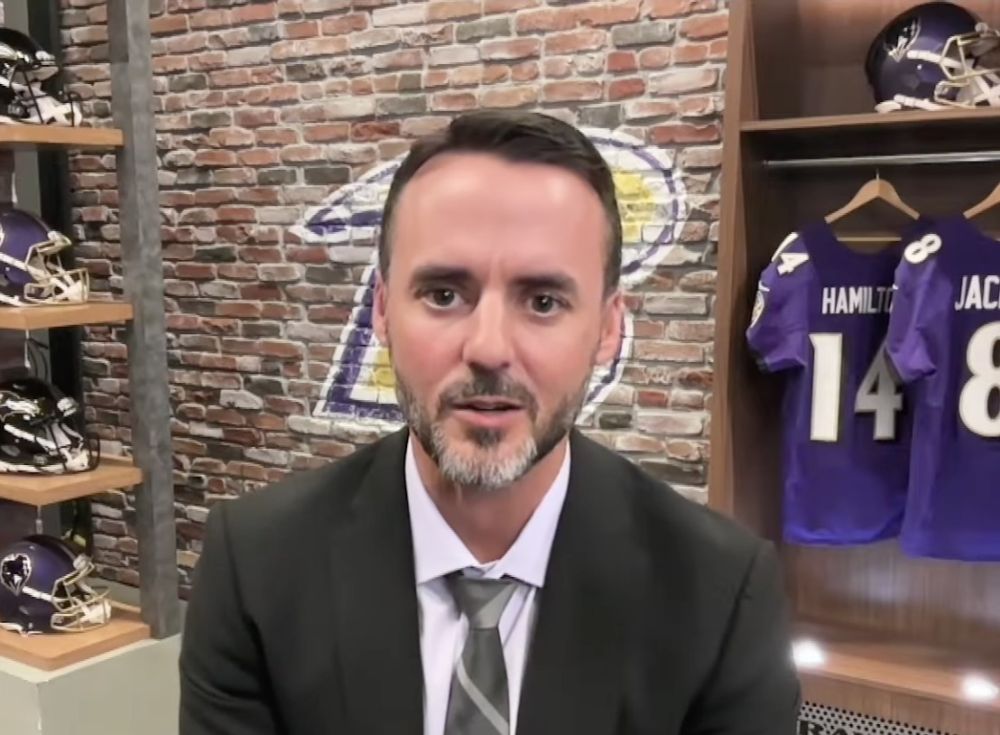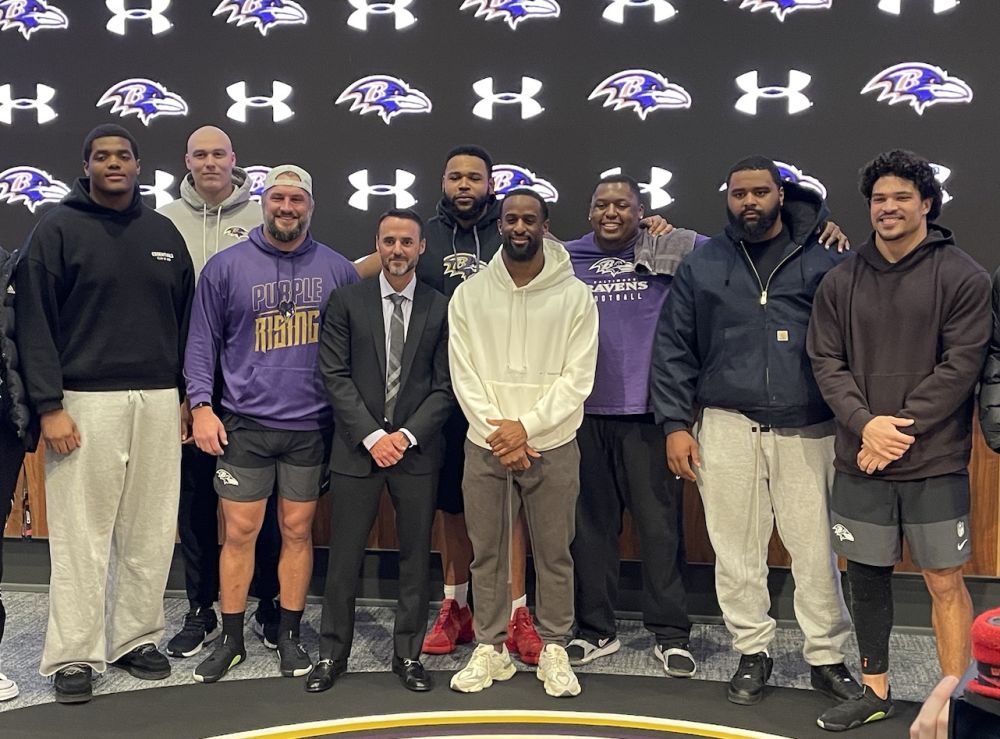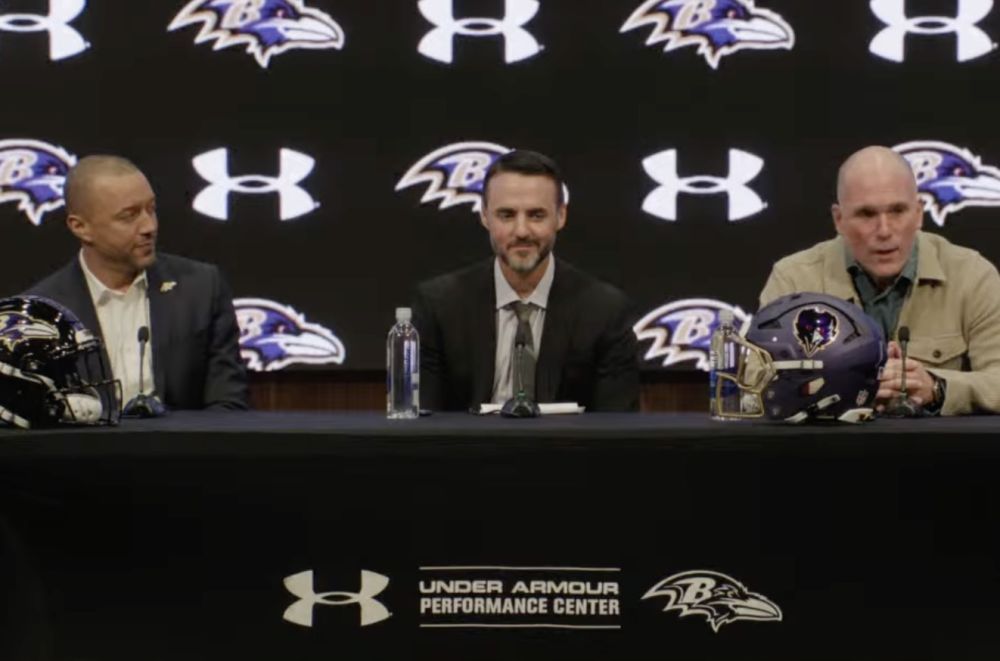“Then, he drops this bomb on me: ‘Coach, I have been diagnosed with Lou Gerhig’s Disease.’ I was floored. By the time he had come to me, he already saw this as an opportunity to help other people. He framed his diagnosis up as an opportunity. That’s just the way O.J. is. He’s a special man.”
O.J. and Chanda’s faith that helped them find the strength to accept the diagnosis also led them to make the decision that the diagnosis would not define them. And while he was still capable, Brigance was going to structure a plan that would define his new mission in life – helping A.L.S. patients and their families cope with the same disease that stood to end his life and world prematurely.
“Through the triumphs, there has come a greater confidence, and through the challenges, has come a greater clarity of purpose” is one of the mission statements for the Brigance Brigade, a non-profit group founded by O.J. and Chanda in 2008 that helps patients and their families buy equipment and get the support needed for all of the unseen complications and expenses that A.L.S. brings.
“The platform that I’ve been given can give tremendous exposure to A.L.S. and an opportunity to do some good,” Brigance said. “When adversity strikes we often want to shrink back and go into our shell, and there’s a time to do that. But we also experience things so we have an opportunity to impact others.”
Working with the Robert Packard Center for ALS Research at Johns Hopkins, Brigance began using his Dynavox machine in 2010 to communicate with the world through his eyes powering this unique and quirky device that acts similarly to a smart phone with a voice activation where he speaks to everyone around him all day and writes to those who aren’t in his presence. And, again, he does all of this with his eyes!
He’s been speaking to the team regularly since 2008. He’s still like a big brother to Ray Lewis and Ed Reed. And the same joy, wisdom, and playful spirit he brought to the locker room as a player is now employed by Brigance using the Dynavox and it’s funky, computer-generated voice.
In 2008, when Brigance first got his wheelchair, Ravens running backs coach Wilbert Montgomery put up speed limit signs in the long hallways so Brigance would stop motoring past offices.
“If I can’t run fast anymore, I’m going to drive fast,” Brigance told The Los Angeles Times at the time. “We all recognize what the reality is. But we’re mature enough to recognize the possible and to have fun. People look at my diagnosis. But I look at other people’s circumstances. Every one of us endures some form of adversity in our life, but somehow we find the courage to get up and keep on living. Same game, different name. When people look at me and are encouraged by me … I look at children with ALS … Whenever I go to the doctor, I look around and say, ‘Man, I got it good. I have family that loves me and an organization behind me. I get to do what I love to do each and every day. There are some who can’t walk. Some can’t speak.’ We’re all dealing with our own adversity. But how we’re choosing to deal with it is key. All we can ask is, ‘How can we make life better?’ Even in the midst of adversity. It’s not about why. It’s about what can I do.”
Brigance still employs a wicked sense of humor. When you see him, your natural human compassion makes you feel sorry for him. Empathy is only the beginning. You want to give him a hug. You want to make sure you don’t cry yourself. You want to be upbeat because it’s obvious that he is upbeat. It’s almost impossible for it to not be awkward initially, but somehow he’ll throw some one-liner at you with the computer-generated voice that will bring you to your knees with laughter.





















